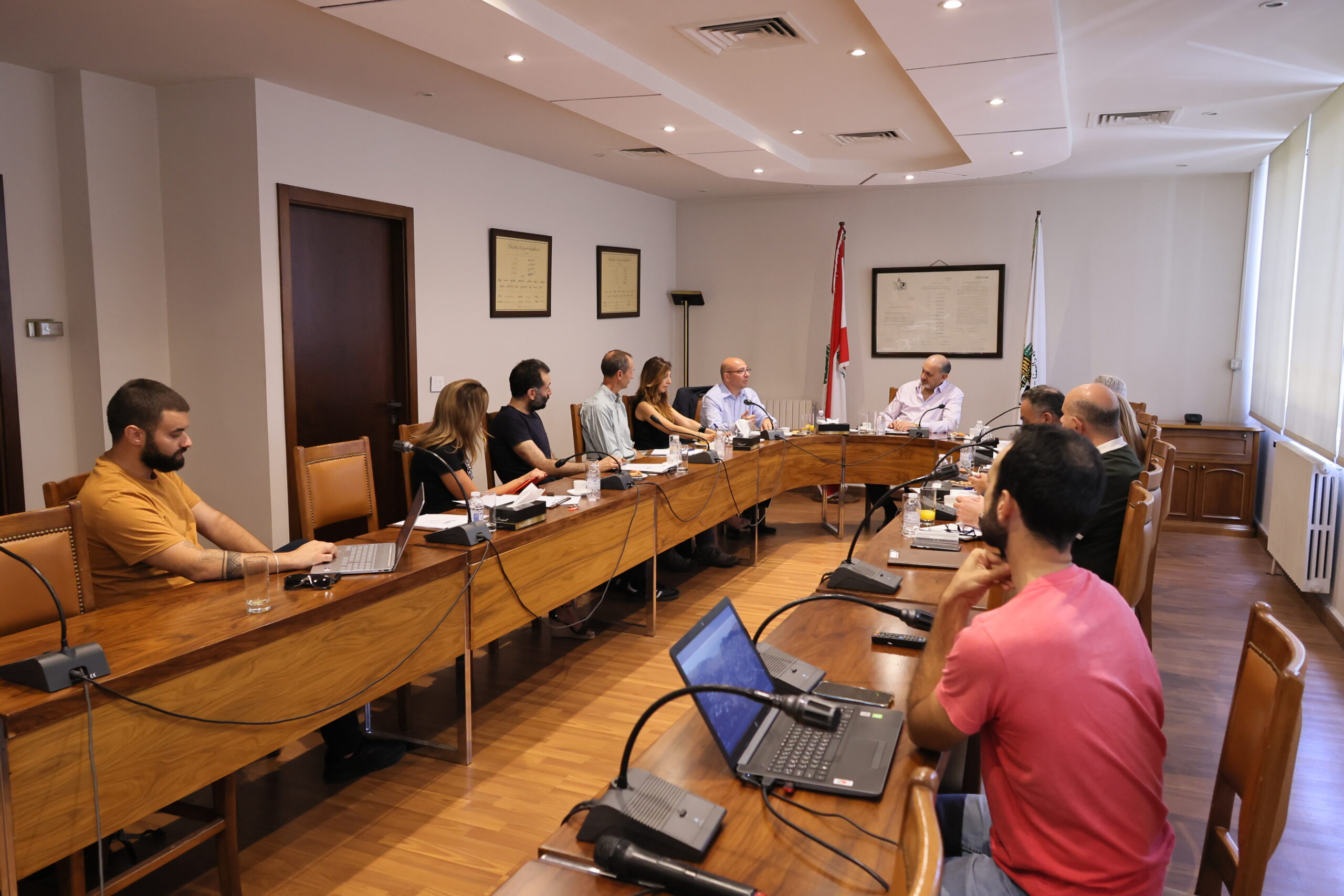
As a key partner in the TESSA project, ELIS plays a crucial role in driving Result 3, which is focused on enhancing workforce capabilities and building the foundations for sustainable development in Lebanon. ELIS’s activities are aimed at Strengthening 3 training centers by providing them with the strategic capacity to formalize placement pathways by developing a training content that would help the training centers at:
- Enhancing the skills of 50 employees currently working in the companies involved in Result 1 of the TESSA project.
- Training 50 unemployed individuals and facilitating their placement in companies, contributing to local economic development and job creation.
ELIS’s Mission: September 9 to 12
From September 9 to 12, ELIS carried out a mission aimed at working with the selected training centers.
Strategic Capacity Building for Training Centers
To achieve this goal, ELIS adopted a structured and tailored approach, designed to meet the specific needs of each training center. The following key areas were assessed during this mission:
Initial Assessment of Training Centers
Center Objectives
- ELIS began by gathering detailed information on the mission and specific objectives of each training center.
- An assessment was conducted to determine whether these objectives are clear, realistic, and aligned with current market needs and the requirements of students.
Training Offerings
- The mission included an analysis of the training programs currently offered by the centers, including courses, workshops, and seminars.
- ELIS evaluated the relevance of these offerings to the local job market and ensured that they met the needs of the students.
Staff Quality
- ELIS examined the management and administrative structures within the training centers to understand how they operate.
Outcomes and Successes
- To measure the impact of the training centers, ELIS collected data on training outcomes, including course completion rates and job placement success.
Infrastructure and Resources
- The physical facilities at each training center, such as classrooms, laboratories, and equipment, were evaluated.
- ELIS also assessed the centers’ abilities to organize practical training sessions in businesses, which are crucial for hands-on learning.
- ELIS’s Workshop at CCIA Saida
- ELIS’s Workshop at CCIA Saida
- Introductory word by Mr. Pietro Cum
- ELIS’s Workshop at IMS Maad
- ELIS’s Workshop at IMS Maad
- ELIS’s Workshop at CCIA Zahle
- Workshop Agenda
- ELIS’s follow up session at ICU offices
- Mr. Pietro Cum, CEO and General Manager of ELIS
- Mr. Nicolò Della Chiesa, Consultant for ELIS
- Group photo with ELIS and IMS representatives
- ELIS’s follow up session at ICU offices
- Mrs. Annachiara Moltoni, Head of ELIS NGO













